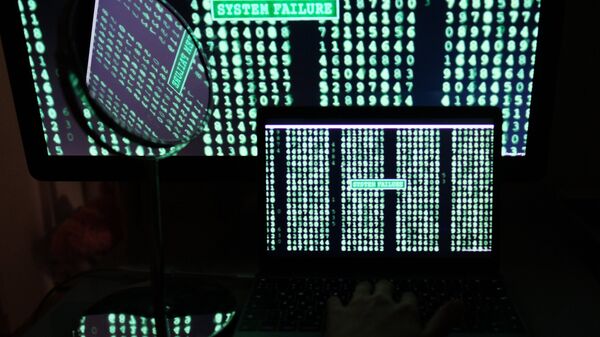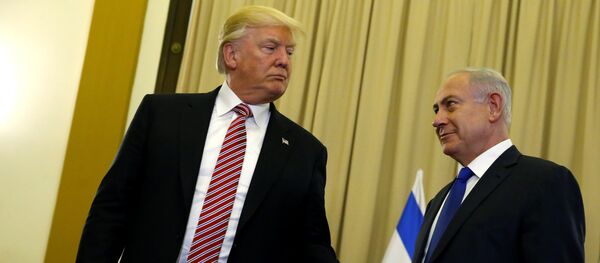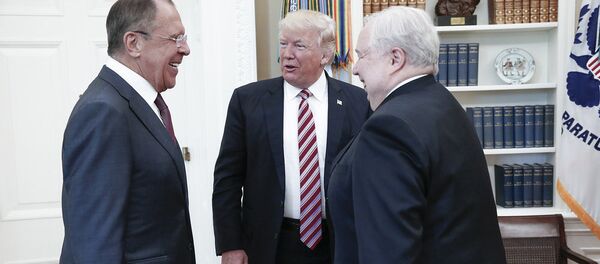The officials told the Times that in the first weeks of 2017, Israeli "cyberoperators" hacked a small cell of Syrian militants skilled in bomb-making. They found that the team intended to create small explosives that closely resemble computer batteries. The "batteries" would then be placed inside a laptop and smuggled into airports, where it would be able fool X-ray detectors.
Allegedly, President Trump spoke to Russian Foreign Minister Sergei Lavrov and Russian Ambassador to the United States Sergey Kislyak about this classified piece of intelligence during a May 10 meeting with the two officials.
At the time, sources claimed that the "Middle Eastern ally" that gathered the intelligence had requested it not be shared. On May 15, national security adviser Herbert McMaster said that Trump couldn't have identified the Israelis as the source, because Trump himself was not told.
Another report from White House officials said that Tel Aviv was apoplectic that Trump may have "compromised a vital source of information on [Daesh]." The reports alleged that the Israelis shared the intel with the stipulation that it not be forwarded to anyone else, even allies. Another anonymous report claimed that the Israelis had embedded an asset into the terrorist group, and Trump's leak may have endangered the spy's life.
During a May 23 testimony before the House of Representatives' Intelligence Committee, former CIA director John Brennan said that Trump sharing the intel constituted a breach of protocol: he shared the information personally instead of feeding it through an intelligence channel, and he didn't send the report to be modified to protect the source of the intelligence before sharing it.
American intelligence was so confident in what the Israelis found that they banned laptops and other large electronic devices from airports in several Muslim-majority countries. The information constituted a "rare success" in online warfare against Daesh, who have consistently shown sophisticated aptitude with new media and cyber warfare.
"The intelligence was so exquisite that it enabled the United States to understand how the weapons could be detonated, according to two American officials familiar with the operation," read the Times' report.
In April 2016, former President Barack Obama directed the US military's Cyber Command to turn their attention from US enemies and rivals to Daesh, launching cyberattacks against the terrorist network to "[disrupt] their command-and-control and communications," according to Obama.
The mission has been by-and-large a failure thus far. Daesh mostly uses the internet for recruitment, the dissemination of propaganda and the exchange of encrypted communications. While the US can disrupt these things, it is never more than a glancing blow from which Daesh swiftly recovers, as recruitment and communications tools are replaced as quickly as they are destroyed.
"In general, there was some sense of disappointment in the overall ability for cyberoperations to land a major blow against Daesh," Joshua Geltzer, former senior director for counterterrorism at the National Security Council, told the Times. "This is just much harder in practice than people think. It's almost never as cool as getting into a system and thinking you'll see things disappear for good."







